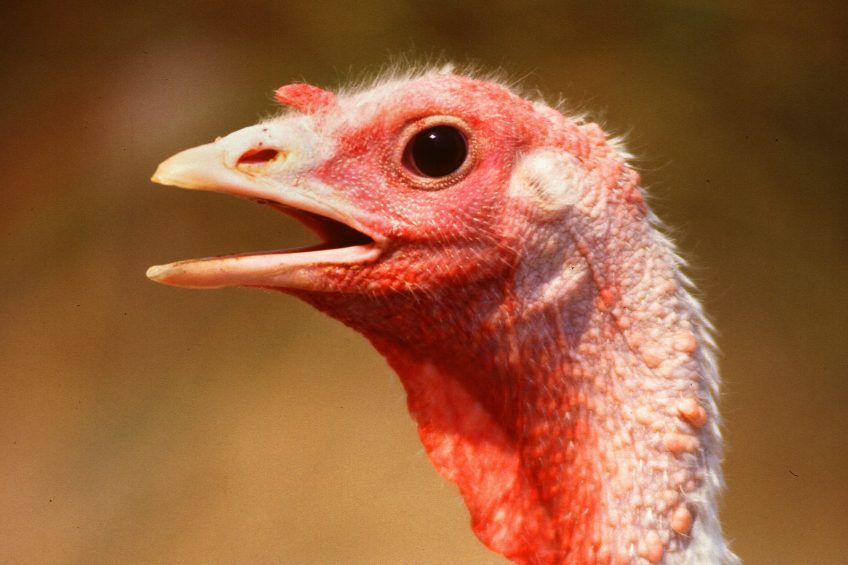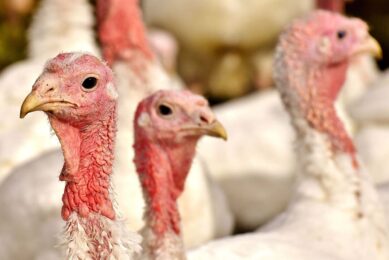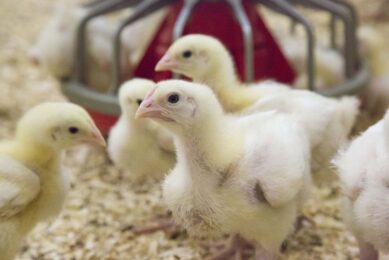Turkey feeding time can boost growth rates

Egyptian research has found that feeding turkeys mainly or totally in the afternoon can be used as a good strategy for improving growth rate, feed utilisation, carcass and meat quality in birds reared in hot climates.
The study, published this week in the British Poultry Science journal, involved 180 1-day old birds which were randomly assigned to 6 equal groups to investigate the effect of feeding time on growth performance, carcass characteristics, meat quality, leg problems and physiological responses of growing turkeys in hot summer weather.
Trail groups:
- Birds in the first group were ad libitum fed and were considered as controls.
- The second group (T1) were given 80% of their diet in the morning and 20% in the afternoon.
- The third (T2) had 60% of their feed in the morning and 40% after midday.
- The fourth group (T3) had 40% in the morning and 60% in the afternoon.
- The fifth group (T4) had just 20% in the morning and the rest later in the afternoon
- The final group (T5) had all of their feed given after noon.
Body weight, body weight gain and feed conversion ratio were improved with T2, T3, T4 and T5 compared to T1 and the control group under heat stress conditions. There were no significant impact on carcass traits and meat quality due to changing the time of feeding, except for tenderness and juiciness.
Afternoon feeding decreased body temperature
The research team from the Faculty of Agriculture at Zagazig University and the Department of Poultry Production at Assiut University, found that providing the whole feed in the afternoon decreased the body temperature and tonic immobility test score, which were positively related with the health condition of the birds.
The incidence of leg blisters, plumage condition and breast blisters were however not significantly different among the experimental groups.
Join 31,000+ subscribers
Subscribe to our newsletter to stay updated about all the need-to-know content in the poultry sector, three times a week. Beheer
Beheer








 WP Admin
WP Admin  Bewerk bericht
Bewerk bericht